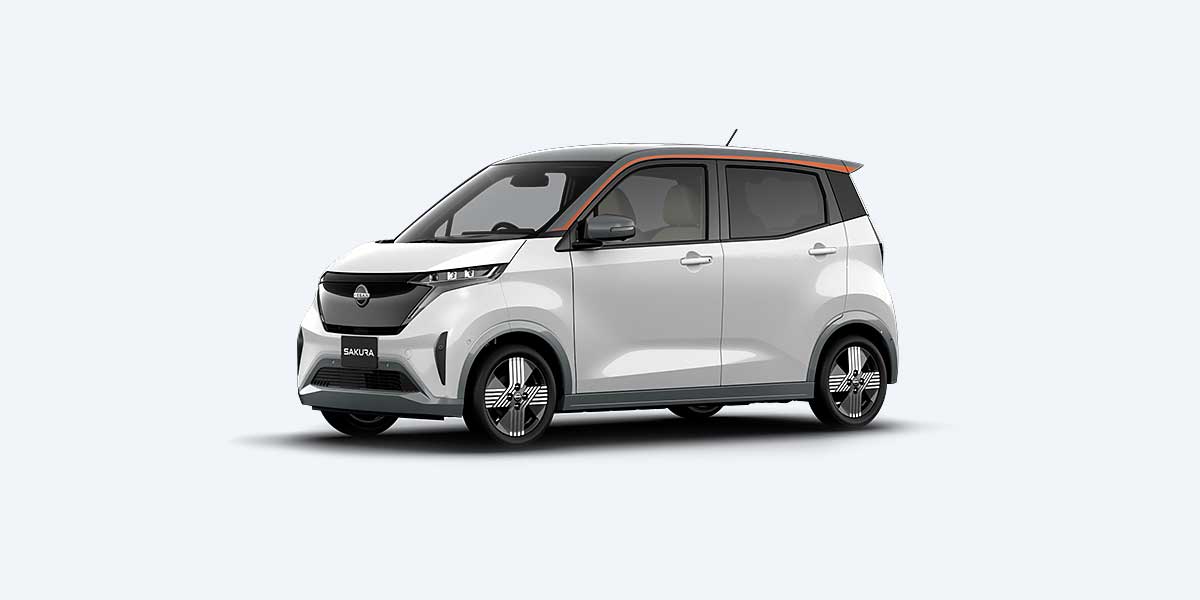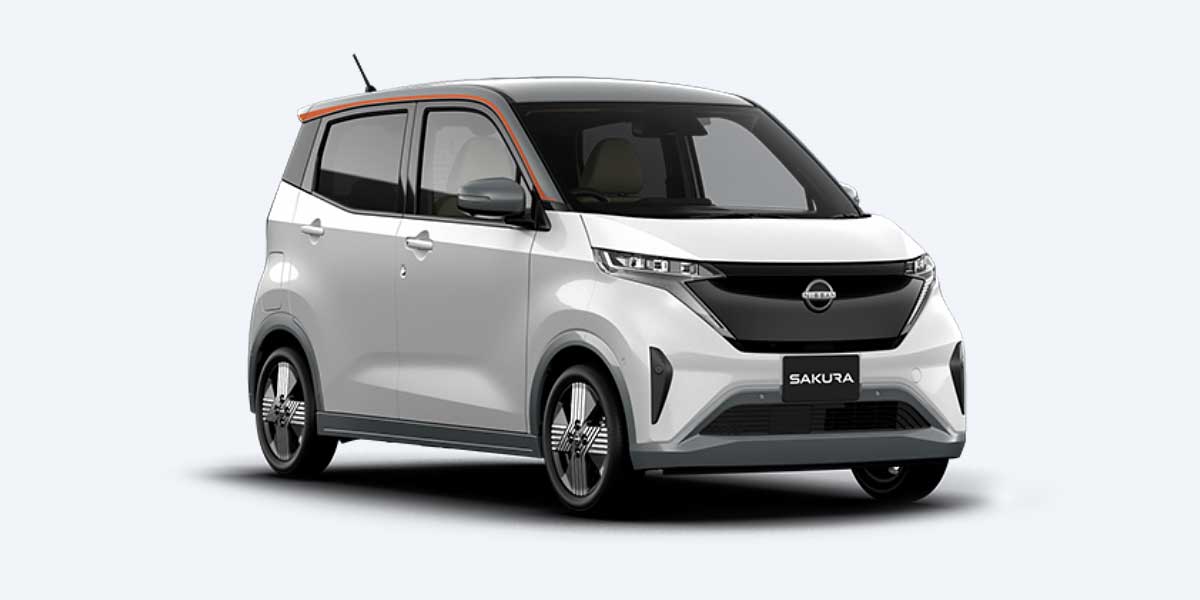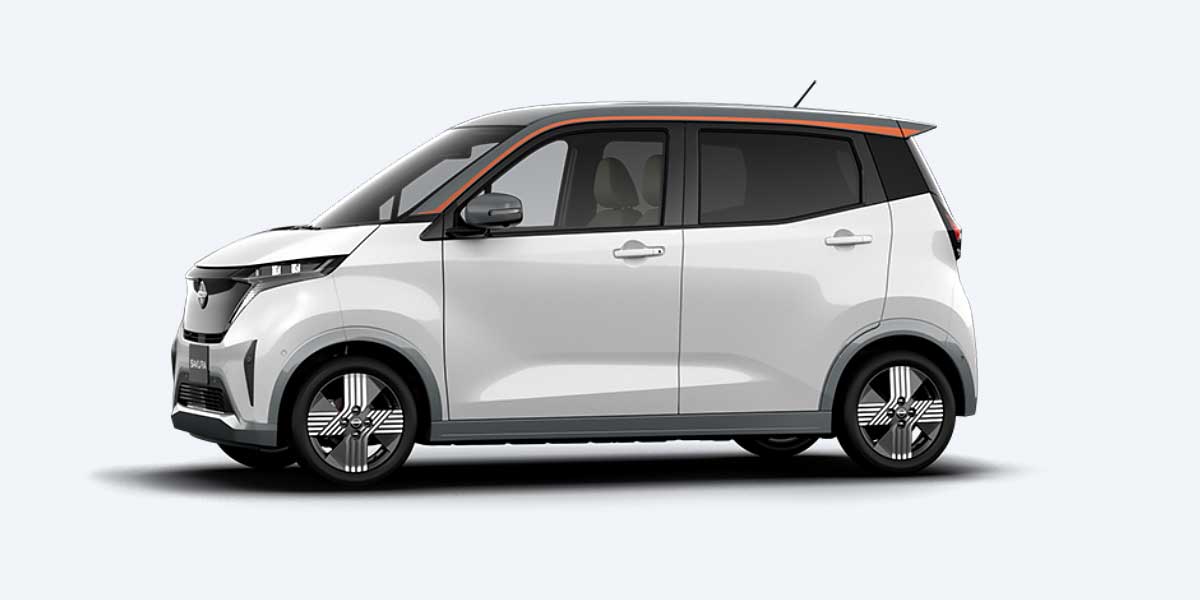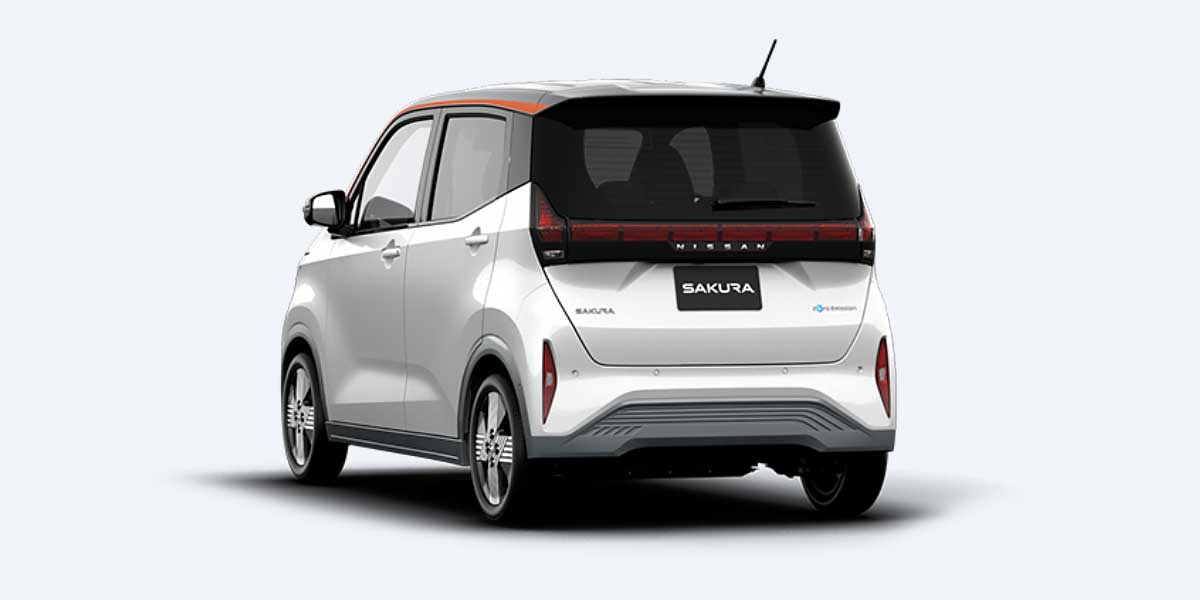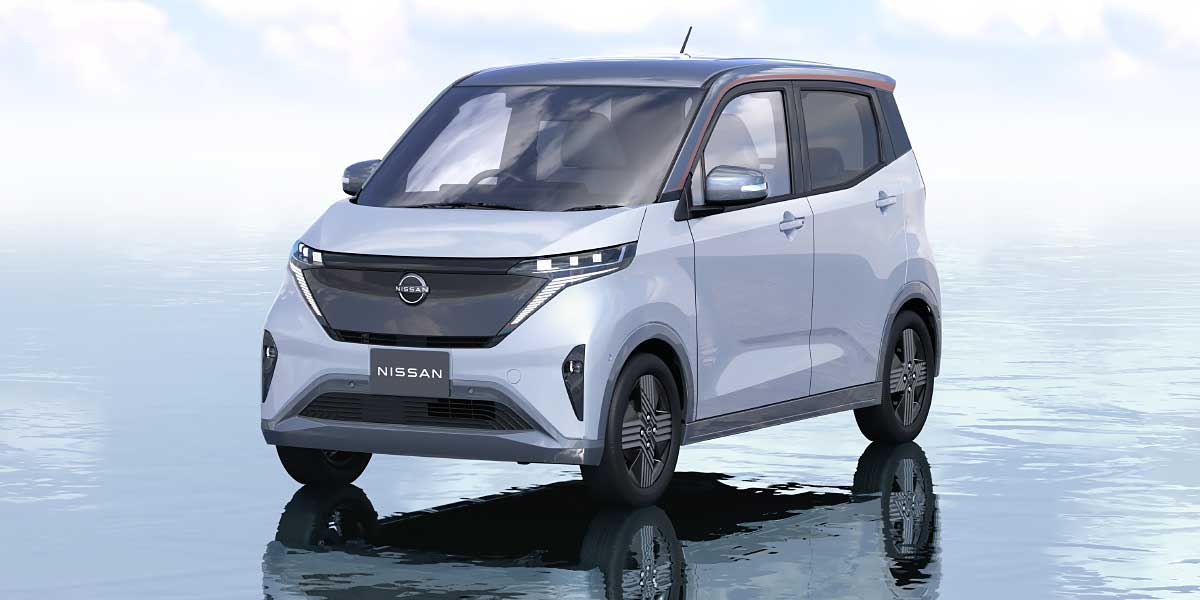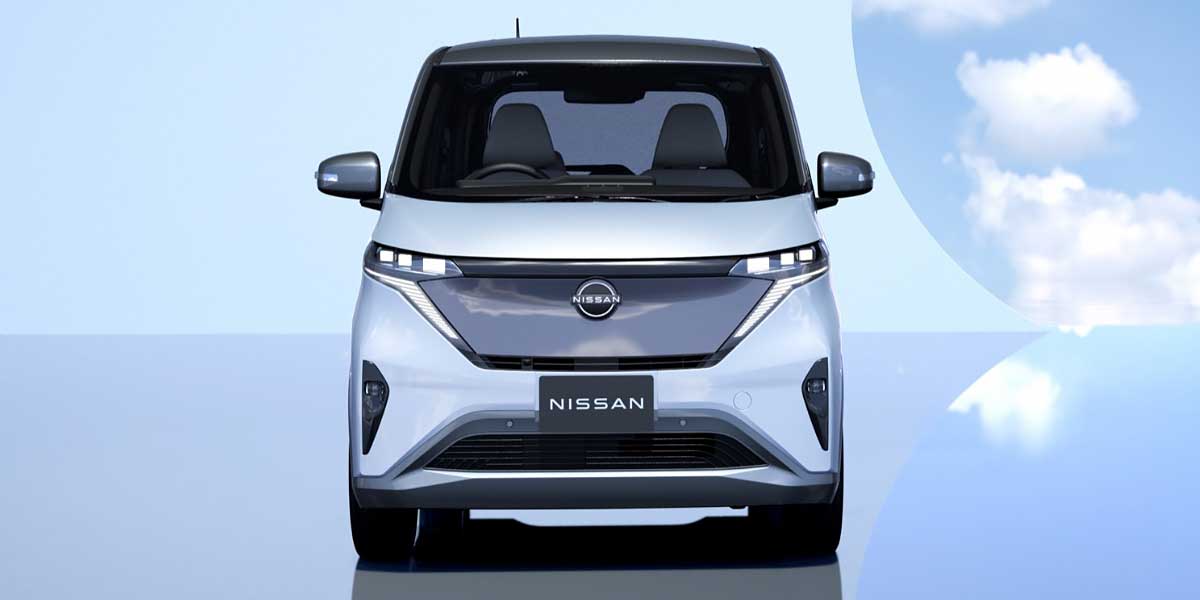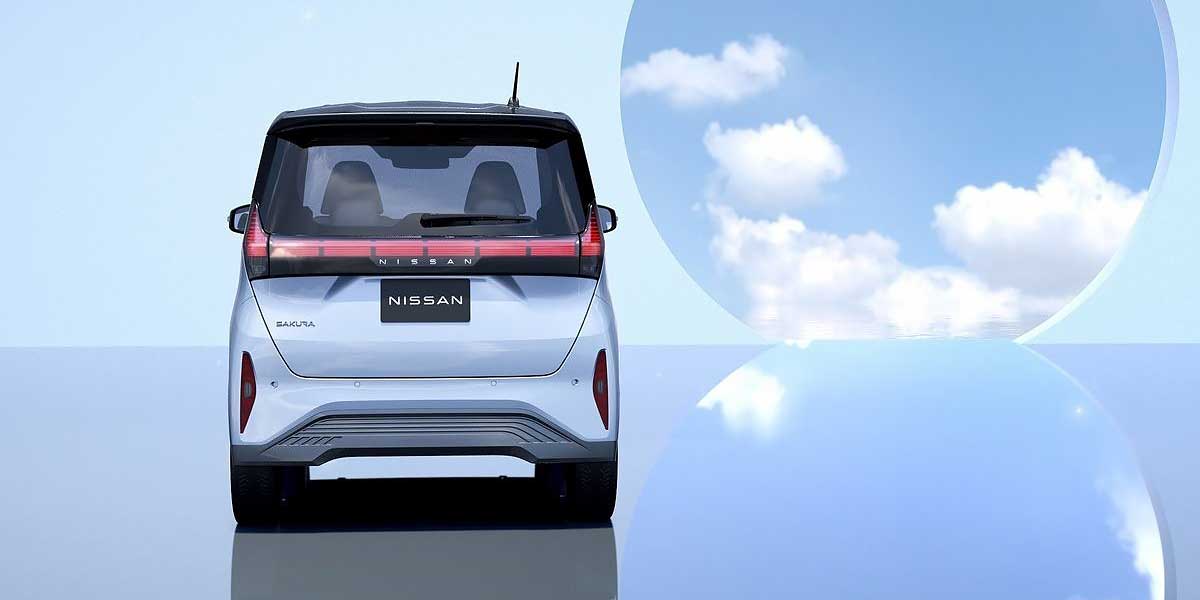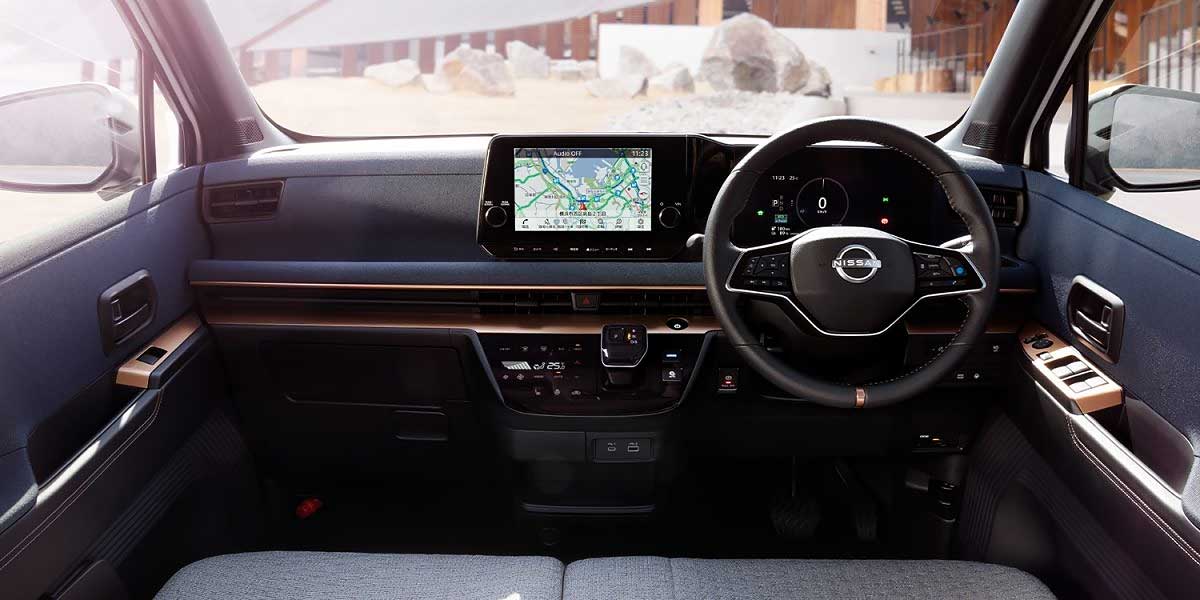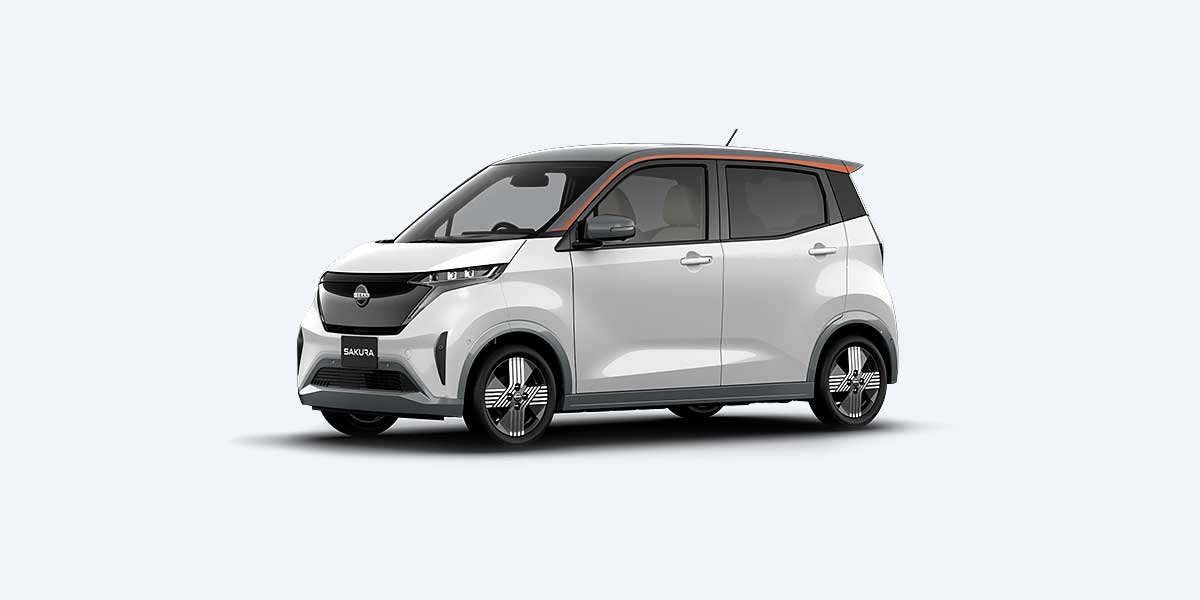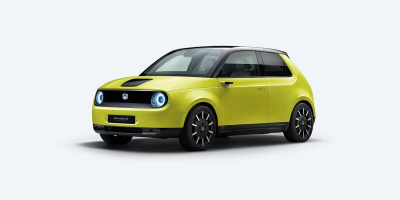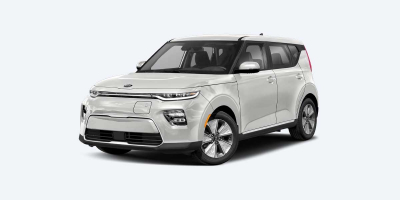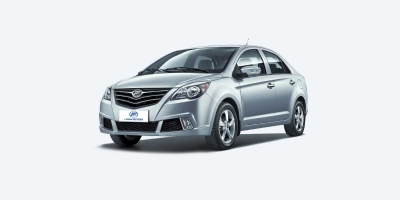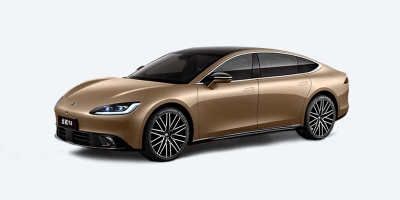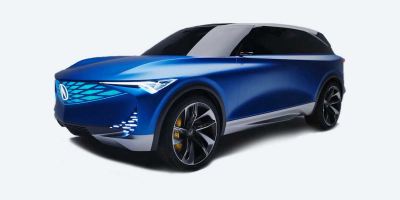Nissan Sakura
User Rating: 3.87 / 5
![]()
![]()
![]()
![]()
![]()
Nissan Sakura Review ⚡
What is Nissan Sakura?
Nissan Sakura is an electric vehicle that strikes a perfect balance between efficiency and affordability. Its compact size makes city driving and parking seamless, while the electric powertrain offers a silent and eco-friendly ride.
Nissan Sakura price:
US$ 18390 *
| manufactured in | Japan |
| sales start | 2022 |
| range (km) | 180 |
| battery (kWh) | 20 |
| max. speed (km/h) | 130 |
| 0 to100 km/h | No data |
| power (h.p.) | 64 |
| car type | hatchback / 5 doors |
| drive type | FWD |
* Minimum price set by the manufacturer, excluding taxes and additional options
Nissan Sakura: A Closer Look
Unveiling the Nissan Sakura: A Leap Forward in Urban Electrification
The Nissan Sakura, a gem unveiled in 2022, stands as a beacon of progress in the universe of compact electric chariots. With a starting sticker price of merely $18,390, it enters the fray as an affordable yet highly efficient contender in the bustling electric carriage market.
Accessibly Priced Nissan Sakura: Electrification Within Reach
By setting a competitive pricing matrix, the Nissan Sakura flings open the doors to the realm of sustainable urban transit, making it attainable for a broad swath of humanity.
Nissan Sakura Specifications: A Symphony of Compactness and Efficiency
Forged in the Land of the Rising Sun: A Symbol of Ingenious Crafting
Birthed from a collaboration between Nissan and Mitsubishi, the Nissan Sakura is a testament to impeccable Japanese craftsmanship imbued with cutting-edge electric motorcar technology.
Battery Efficiency and Commendable Range for the Urban Jungle
Armed with a 20 kWh power vault and outputting a modest 64 horsepower, the Sakura promises a functional traveling dominion of 180 kilometers. Its velocity ceiling of 130 km/h aligns perfectly with the cadence of both urban and suburban explorations.
Interior of the Nissan Sakura: Redefining Compact Luxury
The innards of the Nissan Sakura are meticulously architected to amplify the feeling of space and relaxation within its modest silhouette. It boasts an intuitive and straightforward layout, appealing to urban wanderers and compact family units alike.
The External Artistry of the Nissan Sakura: A Nod to Cultural Heritage
Mirroring the cultural resonance of its namesake, the external design of the Sakura radiates chic modernity. Its diminutive dimensions are a boon for threading through the tapestry of tight city spaces while maintaining an enchanting visual appeal.
Travel Range of the Nissan Sakura: Urban Commuting Reimagined
Geared with a range of 180 kilometers, the Nissan Sakura emerges as a tailor-made consort for city-bound voyagers, delivering ample travel capacity for daily excursions complemented by the convenience of recharging in the tranquility of one's domicile.
Launch of the Nissan Sakura: Ushering in a New Epoch for EVs
The introduction of the Nissan Sakura in 2022 heralded a fresh chapter in the tale of electric vehicular evolution, especially within the kei car stratum known for its dexterity in crafting compact and efficient urban conveyances.
Acclaim for the Nissan Sakura in Japan: A Rising Star in EVs
Swiftly rising in stature within Japan, the Nissan Sakura has clinched the title of one of the most embraced EVs, celebrated for its blend of affordability, practicality, and refined design. It serves as a distinguished example of how electric vehicles can seamlessly integrate into and enhance daily urban living.
Epilogue: The Nissan Sakura - Bridging the Gap to Electric Mobility
Marking a noteworthy milestone within the electric vehicle domain, particularly in the kei car classification, the Nissan Sakura symbolizes a pivotal shift towards more sustainable, efficient, and cost-effective urban transport solutions. With its attractive design, apt range for daily commutes, and competitive pricing, the Nissan Sakura transcends being merely a vehicle; it embodies a significant stride towards universal electric mobility. Its burgeoning popularity in Japan underscores its potential to alter our perceptions and utilization of electric vehicles in metropolitan landscapes.
F.A.Q. about Nissan Sakura:
What is the range of an electric vehicle on a single charge?
The Nissan Sakura has a range of 180 kilometers (112 miles) on a single charge.
What is the top speed?
The top speed of the Nissan Sakura is 130 km/h (81 mph).
What is the acceleration compared to other EVs?
There is no data available for the Nissan Sakura’s 0 to 100 km/h acceleration time, so it's difficult to compare with other EVs.
What is the total power?
The Nissan Sakura has a total power output of 64 horsepower (48 kW).
What is the battery capacity?
The battery capacity of the Nissan Sakura is 20 kWh.
How long does it take to fully charge an electric vehicle?
Charging time can vary, but for a 20 kWh battery like the one in the Nissan Sakura, it typically takes several hours using a standard Level 2 charger.
What is the price of a car?
The starting price of the Nissan Sakura is $18,390 (approx. €17,450 or £15,890).
Are electric vehicles more expensive than gasoline cars?
Electric vehicles like the Nissan Sakura often have a higher upfront cost compared to gasoline cars, but they can be cheaper in the long run due to lower fuel and maintenance costs.
What are the maintenance requirements for electric vehicles?
Electric vehicles generally have fewer maintenance requirements than gasoline cars due to fewer moving parts and no need for oil changes.
Do electric vehicles qualify for government incentives or rebates?
Many electric vehicles, including the Nissan Sakura, may qualify for government incentives or rebates, depending on your location.
Comparison of Nissan Sakura:
Range
First off, range. The Nissan Sakura boasts a respectable 180 km (112 miles) on a single charge. But how does it fare against the Renault Zoe with its impressive 395 km (245 miles), or the Mini Electric at 233 km (145 miles)? The Honda E, meanwhile, lags behind slightly with 222 km (138 miles). Clearly, the Sakura isn’t leading the pack, but its noteworthy for its compact class and urban-centric design.
Acceleration
Regarding acceleration, the Nissan Sakura is a bit of an enigmatic marvel with no specific 0 to 100 km/h data available. But lets throw in some competitive figures: the Renault Zoe hits 0 to 100 km/h in 9.5 seconds, the Mini Electric does it in roughly 7.3 seconds, and the Honda E clocks in at around 8.3 seconds. While the numbers for Sakura are elusive, the trend shows subcompact EVs can sprint when needed.
Power
Then theres power under the hood. The Nissan Sakura comes with 64 horsepower, which might seem modest compared to the Renault Zoe’s 136 hp, Mini Electric’s robust 181 hp, and Honda E’s 134 hp. In this bout, the Sakura may seem the underdog, but remember, it’s designed for zipping around cityscapes, not for Autobahn escapades.
Charging Time
As for charging times, the Nissan Sakura delights with its efficient battery management, capable of a quick top-off but exact figures are elusive. On the other hand, the Renault Zoe takes about 3 hours using a 22 kW charger, the Mini Electric reaches 80% in about 36 minutes with a 50 kW rapid charger, while the Honda E gets to 80% in around 30 minutes with a 50 kW charger. Efficient yet practical, the Sakura can hold its electric bolts in this race.
Price
Let’s talk turkey—pricing. The Nissan Sakura is a bargain at $18,390 (around £14,000 or €17,000), which certainly hits the sweet spot for budget EV enthusiasts. Meanwhile, the Renault Zoe starts at about $33,000 (£27,000 or €30,000), making it a significant pocket-pinch. The Mini Electric isn’t far behind at around $30,000 (£26,000 or €28,000), and the Honda E starts at approximately $29,000 (£27,160 or €34,000). Clearly, the Sakura offers a compelling value proposition, making high-tech green driving accessible.
There you have it—no fluff, just facts in an electrifying showdown of subcompact EV marvels. The Nissan Sakura might not be king, but it certainly holds its own in the bustling boulevards of the electric future.Submit a request to add information about your company to the MOTORWATT EV Database

